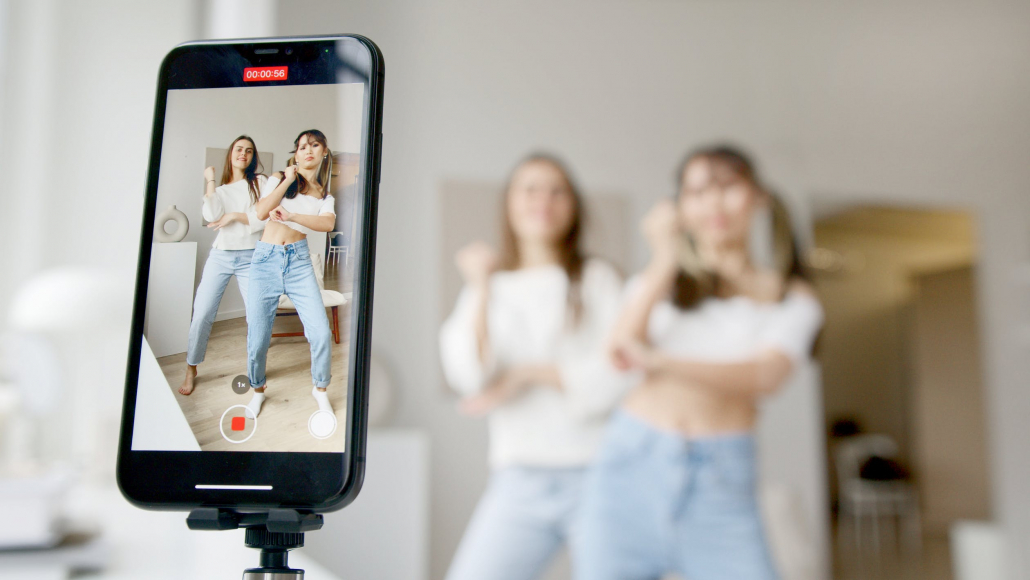Influencer culture offers democratic approach to fame

Celebrity culture is a continually evolving and perplexing field populated with unique characters who have captivated the attention of the world. The path to fame is an arduous one, which only the lucky few can ultimately achieve. What does that path look like today?
Currently, the term “influencer” is inexorably linked to celebrity status. Defined as “someone with the power to affect the buying habits or quantifiable actions of others by uploading some form of original content,” the influencer is a product of the technological age. While more traditional celebrities — the athletes, the musicians and movie stars — are still revered, they are forced to share the spotlight with influencers. Likewise, influencers and other conventional celebrities must continue to be held accountable for their actions.
Ultimately, the shift in content consumed, or rather the explosion of new media, has caused this new type of celebrity. Social media can be accessed by anyone, instead of needing to appeal to conventional holders of power, like media executives or record labels. There’s no barrier to entry, and those who achieve fame are consistently entertaining to some audience. In this sense, what the path of the modern influencer offers is both democratizing and a viable career.
A recent Nielsen study notes that “YouTube overall reaches more people aged 18-49 than all linear TV networks combined.” While a share of YouTube content is created from traditional corporate entities, such as music videos or YouTube-produced TV shows through YouTube Originals, the vast majority of the billion hours of video watched on YouTube every day are self-produced.
TikTok, another influencer platform, became tremendously successful because it carefully tailors its user’s feed to meet their interests — taking advanced metrics such as watch time and user interaction to curate the best feed possible to their audience. With such a powerful program using immense reserves of data to determine entertaining talent, it’s comical to suggest any human could do a better job at finding what a consumer finds to be amusing.
The story of a successful influencer is eerily comparable to that of an actor. Take the story of David Dobrik, who moved to Los Angeles, faced financial difficulties and eventually gained enough of a cult following to amass a net worth of $7 million. Unlike traditional forms of media, Dobrik monetizes himself, his life and his friends as content. He isn’t the star of a television series, he is the series.
Even though all influencers do not meet the Hollywood mold or come to prominence with the help of a network or studio, they are still responsible for the mistakes they make. YouTuber Logan Paul famously filmed a dead body in Aokigahara, a Japanese forest famous for attempted suicide, and received enormous online backlash. Olivia Jade, a former USC student and beauty YouTuber famous for her less-than academic perspective on school, fell from grace after the Varsity Blues scandal.
While many influencers have been problematic, plenty have used their power for good. Take Mr. Beast, a YouTuber with nearly 54 million subscribers whose content centers around entertaining and creative charitable activities. One of his most memorable initiatives was Team Trees, a collaborative fundraiser which ended up planting a tree for every dollar donated. He planted 20 million trees and was only able to accomplish the feat due to his enormous following.
The influencer is not the model citizen by design, even if their platform elevates them to that status. Influencers should be held accountable for their influence, whether they’re engaging in controversy or advertising for a product. Furthermore, as college students and consumers of entertainment created by influencers, we have an obligation to hold them accountable, just as any other celebrity.
Will influencers continue to be problematic? Certainly. However, that’s the nature of a single person having a tremendous amount of impact and not a problem with the way that celebrities are selected in modern times.

